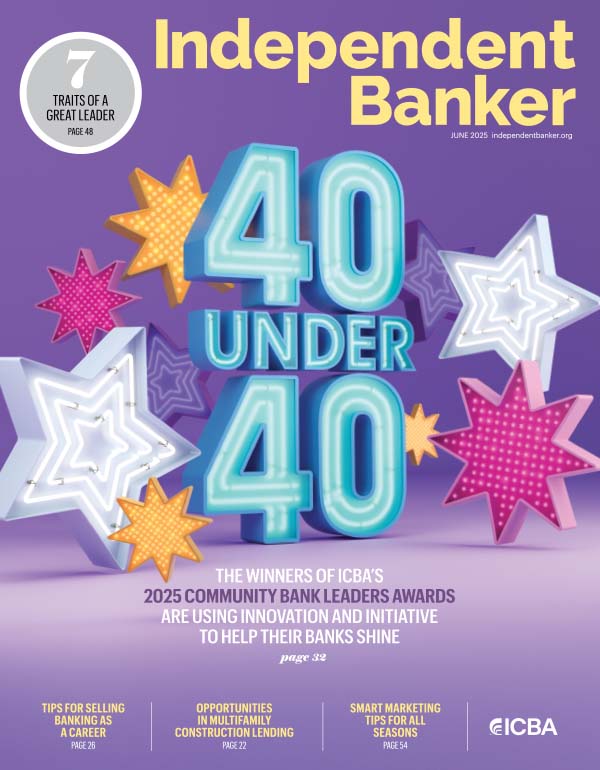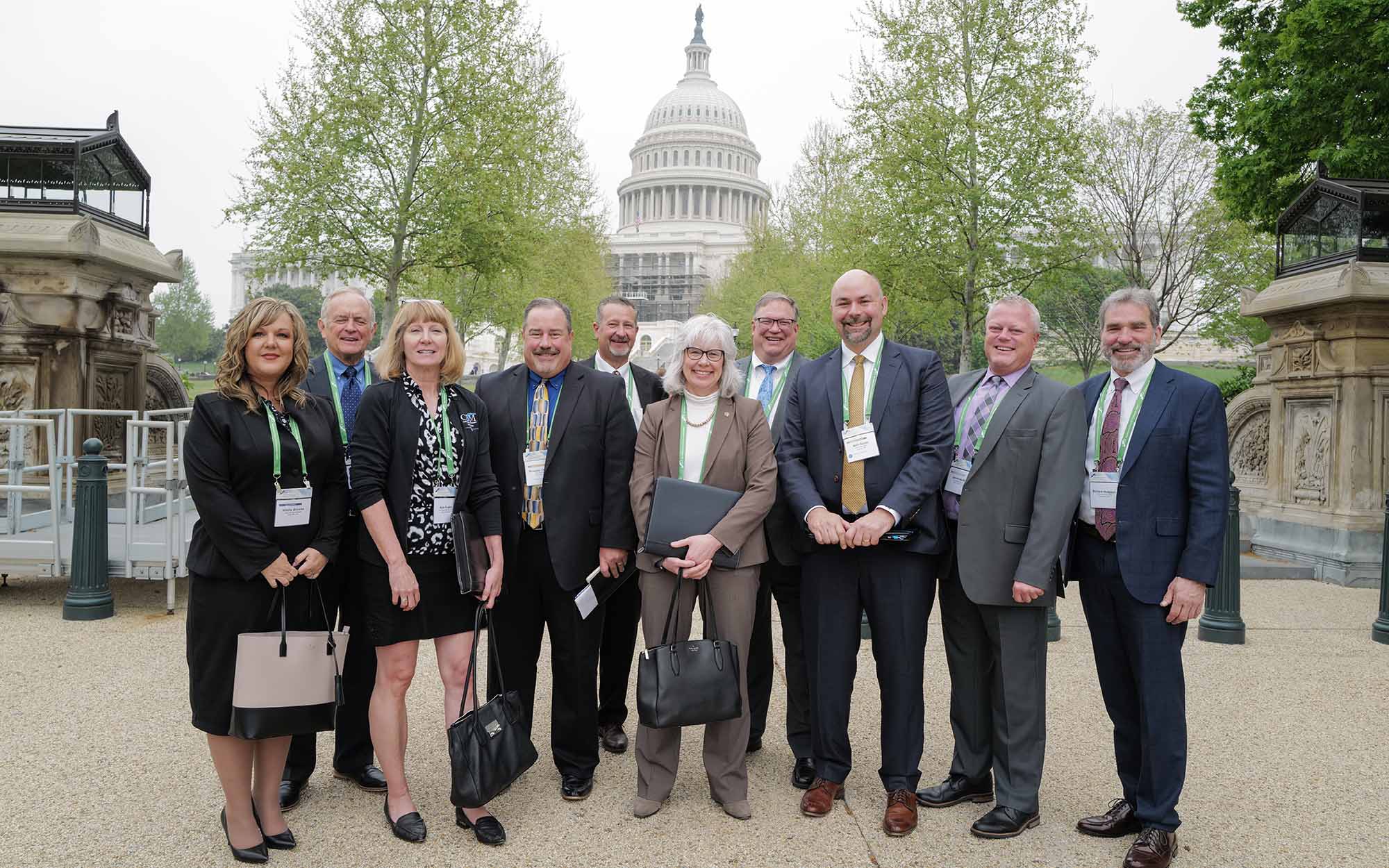“This is Jim Reber speaking.”
“Hi Jim, this is Charlie Brown from Community Trust Bank calling. Do you have a minute?”
“I sure do, Charlie! I recall we last talked in 2021. How did 2022 go for the bank?”
“Well, once again, we were somehow able to keep the bus out of the ditch. We surpassed all of our expectations, and even our examiners are pleased with the shape of things. And that’s one of the reasons I’m calling. We think we’re going to have another decent year, but I’m nervous.”
“So, on the surface, the interest rate scenario should play to your advantage, right?”
“I think so, Jim, but our funding costs are starting to go up. We also don’t have as much liquidity as we did in the last couple of years, just in time for Fed Funds to start yielding 4%. And, our cash flows from our bond portfolio, as you are probably aware, have slowed to a trickle.”
There are several strategies community banks are using to take advantage of the current rate environment, improve current earnings and lessen exposure to a slowing economy.
“Well, Charlie, let’s think about this. Maybe, just maybe, loan demand is going to moderate, or even slow this year, if the higher rates actually have their intended effect. That means the slowdown in bond cash flows, or even some deposit runoff, won’t be too problematic. Another consequence of this broad-based inflation business is that almost all collateral has gone up in value, so the borrowers have additional equity, which increases the likelihood they’ll continue to perform.”
“You’re starting to make it sound like we’ve got a reasonable chance this year, even without any government programs such as the PPP. And although we don’t have a pile of idle cash, our asset/liability model shows we’re still positioned OK for rising rates.”
“And that is due to your liabilities still having relatively low sensitivity to rate changes. What a lot of community banks are coming around to realizing is that being in position for a 2022-type rate cycle is great, but what does that do to your 2023–24 posture?”
“Jim, I’m inferring from your question that you’re suggesting we’re exposed to rates falling, and that’s also what our model concludes. The problem for us is that we don’t have any organic means of fixing that quickly. As I said, we’re not turning over many assets at the moment, either loans or bonds.”
“I’m glad we’re having this conversation. There are several strategies community banks are using to take advantage of the current rate environment, improve current earnings and lessen exposure to a slowing economy. And these don’t require the need to raise new cash.”
“Let’s hear it.”
“First, a sale of certain bonds with immediate investment into certain others. This strategy goes by several names: bond swap, income deferral or loss/earnback. It’s certainly easy to find bonds that you own at unrealized losses. The trick is to find ones that can be sold efficiently. Your brokers can give you some good advice there.”
“What’s in it for Community Trust Bank? Taking a big loss at the start of the year isn’t something that’s in our 2023 budget.”
“Here’s why the timing may be good. Now that year-end is behind us, and liquidity has returned to the bond market, it’s possible to improve your book yields by 3% or more with the bonds you buy. So you start making back that loss immediately, and we have most of the year to start catching up. In the meantime, you’ll lock in today’s yields, which are probably higher than they’ll be on average over the next several years. The higher income, I should add, will come in handy to help pay for more increased loan reserves, if you should need them, or to offset higher cost of funds.”
“Makes sense. We’ll take a look soon. What is the second strategy?”
“Simply to execute a ‘received fixed, pay floating’ interest rate swap. You can quickly address your exposure to falling rates without buying or selling anything. You can structure a swap to either shorten liabilities or extend assets, and it’s your call. Community banks are doing this all the time.”
“Jim, what do examiners say about this ‘derivative’ business?”
“It’s common enough that by now regulators are used to seeing it as part of risk management. Your swap counterparty will document that you’re lessening exposure to downward rate movements. So what’s not to like about that?”
“Sounds like we’ve got some work to do, but I’m a little less nervous than a few minutes ago. You can bet we’ll keep our eyes on our liquidity position, and we’ve ramped up our credit monitoring in case we do have a slowdown. But I like where we stand, and I’m glad we had this chat.”
“Always a pleasure, Charlie, and I hope you meet all your 2023 goals.”
Education on Tap
ICBA LIVE 2023
ICBA Securities and its exclusive broker Stifel will present several Learning Labs at ICBA LIVE in Honolulu this March.
Get more information and register.






